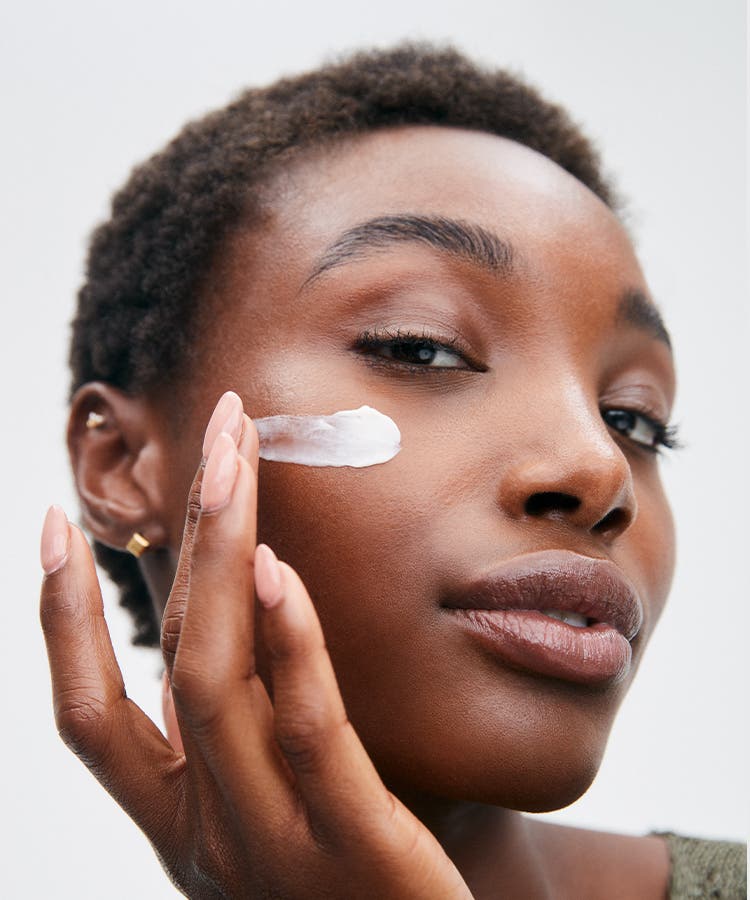Pulse of Information
Your source for the latest insights and updates.
Skin Care Secrets Your Dermatologist Won't Tell You
Uncover the hidden skin care tips your dermatologist won't share! Transform your routine with expert secrets for glowing, healthy skin.
Top 5 Natural Remedies Your Dermatologist Might Overlook
When seeking solutions for skin concerns, most people turn to over-the-counter products or prescribed medications. However, there are natural remedies that dermatologists might overlook. These options can often complement traditional treatments and may offer relief without the side effects associated with pharmaceuticals. Here are the top 5 natural remedies that you can easily incorporate into your skincare routine:
- Aloe Vera: Known for its soothing properties, aloe vera can help alleviate sunburn and hydrate the skin.
- Tea Tree Oil: This essential oil possesses natural antiseptic qualities, making it effective against acne and minor skin infections.
- Honey: With its antimicrobial and anti-inflammatory properties, honey can be a powerful natural treatment for wounds and dry skin.
- Oatmeal Baths: Oatmeal is ideal for calming irritated skin and is particularly beneficial for conditions like eczema.
- Coconut Oil: Rich in fatty acids, coconut oil can provide deep moisture, making it a great option for dry skin.

The Truth About Sunscreen: What Your Dermatologist Won't Share
The truth about sunscreen is often clouded by myths and marketing hype. Many people believe that all sunscreens offer complete protection, but that’s not the case. Different sunscreens have varying levels of SPF, which refers to their effectiveness against UVB rays. However, it’s important to remember that SPF does not measure UVA protection, which is equally crucial for preventing skin damage. Furthermore, the application method significantly impacts efficacy; many users apply too little, leading to inadequate protection. Experts recommend using about one ounce for full body coverage, and reapplying every two hours or immediately after swimming or sweating.
Moreover, some ingredients commonly found in sunscreens can be controversial. For example, chemical filters such as oxybenzone and octinoxate have raised concerns due to their potential hormonal effects and environmental impacts. Physical sunscreens, containing zinc oxide or titanium dioxide, are often recommended as safer alternatives, offering broad-spectrum protection without the absorption issues of chemical filters. It’s crucial to check the label carefully, choosing products that are free from harmful additives to ensure both skin safety and environmental responsibility.
Do You Really Need All Those Products? Simplifying Your Skin Care Routine
In today's beauty landscape, the endless array of skincare products can feel overwhelming. Many individuals find themselves questioning, Do you really need all those products? The truth is, a simplified skincare routine can be just as effective, if not more so, than a multi-step regimen. By focusing on the essentials—such as a gentle cleanser, a moisturizer, and sunscreen—you can create a routine that addresses your skin's needs without the clutter. Prioritizing quality over quantity not only saves time but also minimizes the risk of skin irritation that can arise from using too many products.
To simplify your routine, consider the following steps:
- Evaluate your current products and identify any that are redundant.
- Choose multi-functional products whenever possible, like a moisturizer with built-in SPF.
- Listen to your skin—if something isn't working, don’t hesitate to adjust.